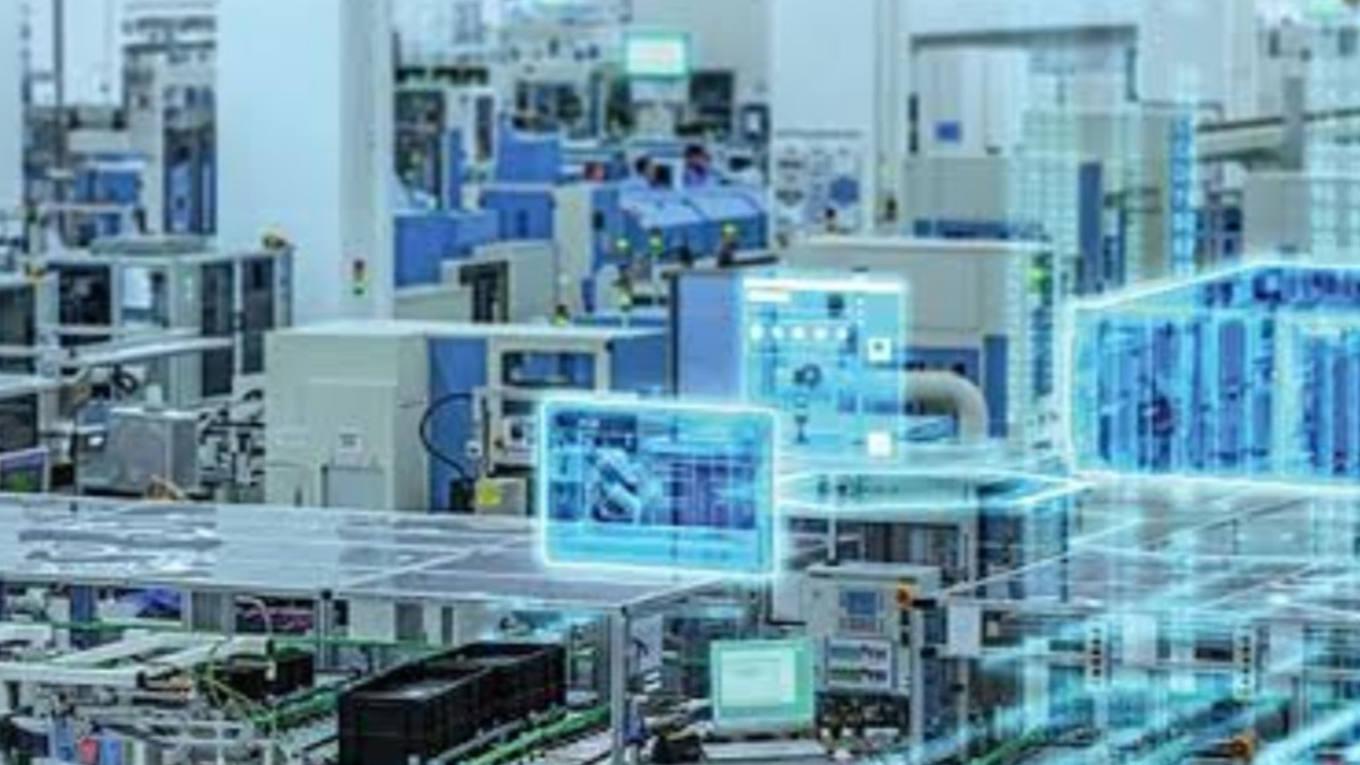Cities in India can compete globally on parameters such as optimal use of resources, how we get around, ways to improve our productivity and wellbeing, according to the Atlas.
As per a company release, Bengaluru is one of the world’s fastest growing cities, with a 47 per cent surge in population density over the last 10 years. Home to a third of India’s science and technology talent, it has the highest employability rate in the country, with a large proportion of tech-savvy early adopters. This gives Bengaluru a strong appetite to build a city that symbolises the world-leading services it delivers across the globe.
Siemens has already implemented digital solutions for the city’s infrastructure. The company has partnered with the airport’s operators to deliver an extensive range of proposed projects. A cloud-based IoT operating system is set to optimise operational efficiency and passenger experience across diverse aspects such as building management and intelligent baggage handling. Services such as Siemens City Air Management monitor air quality and provide five-day forecasts that can help cities protect residents.
Digital solutions
For each of the featured cities, Siemens has created a Digitalisation Readiness and Potential score to rate how prepared cities are for a connected future, and show what opportunities they have to transform. The scores out of 10, compare and interpret the data produced by each city, which have collated together from a range of sources.
For the last few years, the global major has been ramping up its digital offering in a big way. Siemens has developed and created multiple digitalisation and automation solutions for the industry, where it is helping industries face ongoing market challenges more effectively.
“Digital and automation solutions proved themselves during this crisis. Companies that had already invested in digitalisation were better equipped to handle the new requirements, such as quickly scaling back production, for example in the automotive industry, or ramping up production, such as in the pharmaceutical sector. In the future, these technologies will also ensure that companies can react particularly effectively to crisis situations and changing market requirements because they can adjust their production quickly and flexibly. This flexibility is also the next step towards autonomous production processes,” explained Klaus Helmrich, Member of the Board of Siemens AG and CEO Digital Industries, at a recent Digital Enterprise Virtual Summit by Siemens.
Successful solutions were presented at the summit, while as part of the conference, representatives from numerous companies from the discrete and process industries discussed strategies and technologies for future success under these new conditions. The focus was on topics such as the horizontal and vertical integration of the value chain with simulation and optimisation from product creation through to servicing and from field level to the cloud. Other topics included online and remote solutions as well as edge and cloud computing, additive manufacturing, industrial 5G and artificial intelligence.
Siemens is therefore integrating future technologies such as artificial intelligence, edge computing and cloud technologies, additive manufacturing or industrial 5G into its digital enterprise portfolio and helping industrial companies work under these new conditions and meet the requirements of today and tomorrow. “No company can meet the current challenges on their own. It’s all the more important that industrial companies act in ecosystems. All stakeholders – developers, users, partners and integrators – can bring their own strengths and thus increase the value of these ecosystems,” adds Helmrich.


































